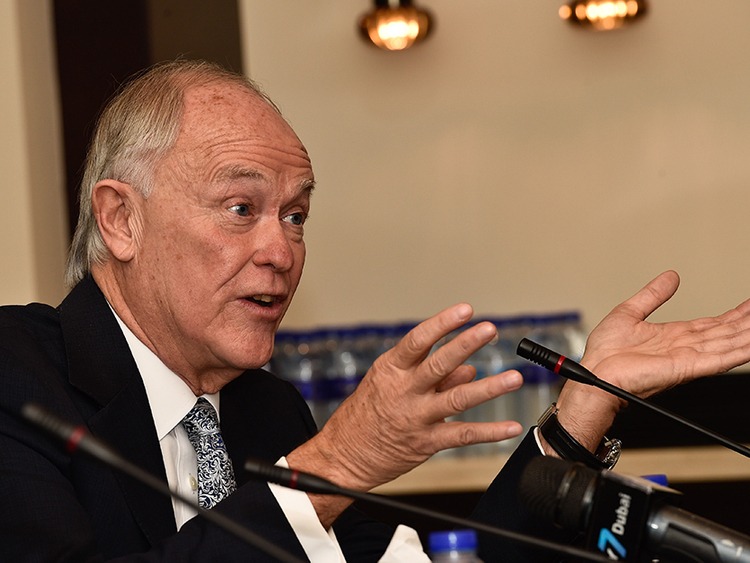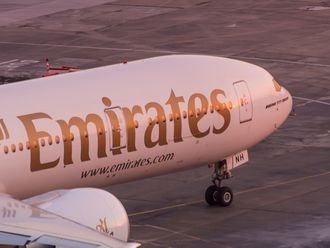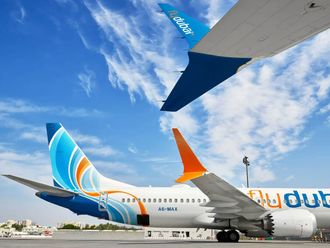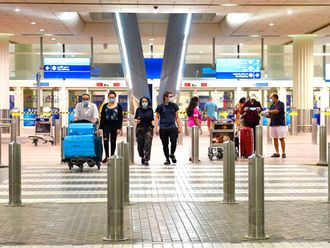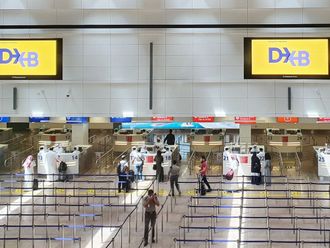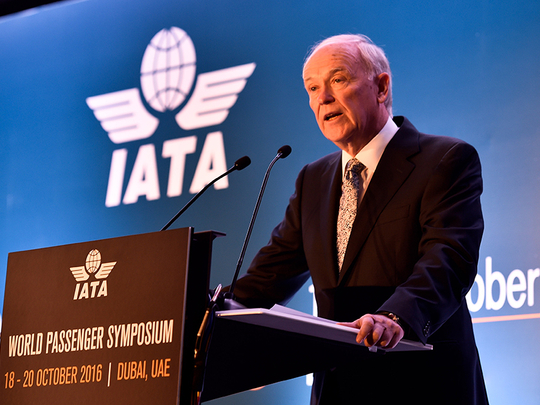
Dubai: Emirates is cutting back on flights to Africa and could even cut routes entirely if economic conditions on the continent persist, President Tim Clark said on Tuesday.
Foreign airlines have pulled out of several African cities because of economic and financial challenges on the continent that has weakened currencies on the continent.
“We’re reviewing the programme to reflect on certain economic and financial difficulties not driven by us [but] of certain countries,” Clark told reporters at an International Air Transport Association conference in Dubai. “We have to adjust our programme.”
He, however, declined to name the routes that would be affected.
Emirates has already reduced its twice-daily flights to Nigeria’s Lagos and Abuja to just one, and has started to detour Nigerian flights to Ghana to avoid high fuel costs, Reuters reported on September 13.
Low commodity prices, political uncertainty and weak foreign investor interest is weakening major African economies. The International Monetary Fund (IMF) on October 6 downgraded its outlook for South Africa’s economy, the continent’s largest, to grow 0.8 per cent this year, compared with its previous 1 per cent growth forecast.
The fund also said Africa’s second largest economy, Nigeria, would contract 1.7 per cent.
Clark said that the review of its Africa programme would not affect the airline’s fleet plans, pointing to its ongoing expansion plan such as the launch of Fort Lauderdale in December.
Tough year
A strong dollar and weaker currencies including in Australia, Africa, India and the United Kingdom is adding pressure on Emirates in what already is a “tough year,” Clark said.
Globally, demand for air travel has softened this year as passengers increasingly factor in security to their travel plans after a number of high profile terror attacks in Europe and Turkey.
However, Clark said that passenger numbers in the six months to September 30 were “up a bit” compared to the same period last year when it carried 25.7 million passengers.
New charges
Emirates, the world’s largest airline by international passengers, introduced a new seating charge on October 3 where passengers now have to pay [around Dh50 per seat] if they want to pre-select their seats.
The airline is looking at introducing other new charges, Clark said without providing specific details.
Clark said in May the airline was considering introducing premium economy after full-year load factor - or percentage of seats filled - dropped.
For the rest of the 2016 and 2017 financial year, which ends on March 31, Emirates expects a load factor between “mid-70s” and “the 80s,” Clark said Tuesday.


